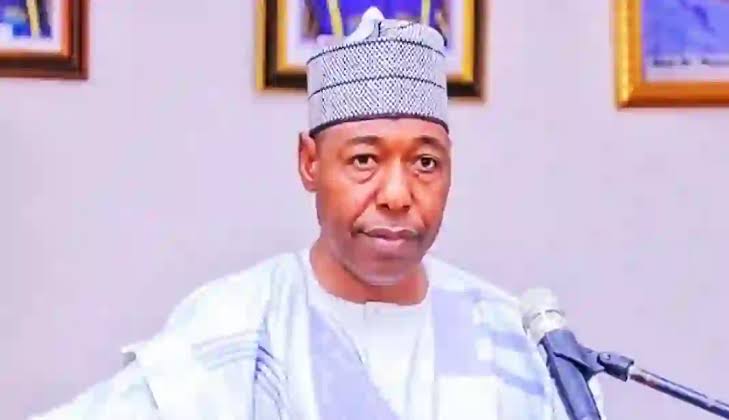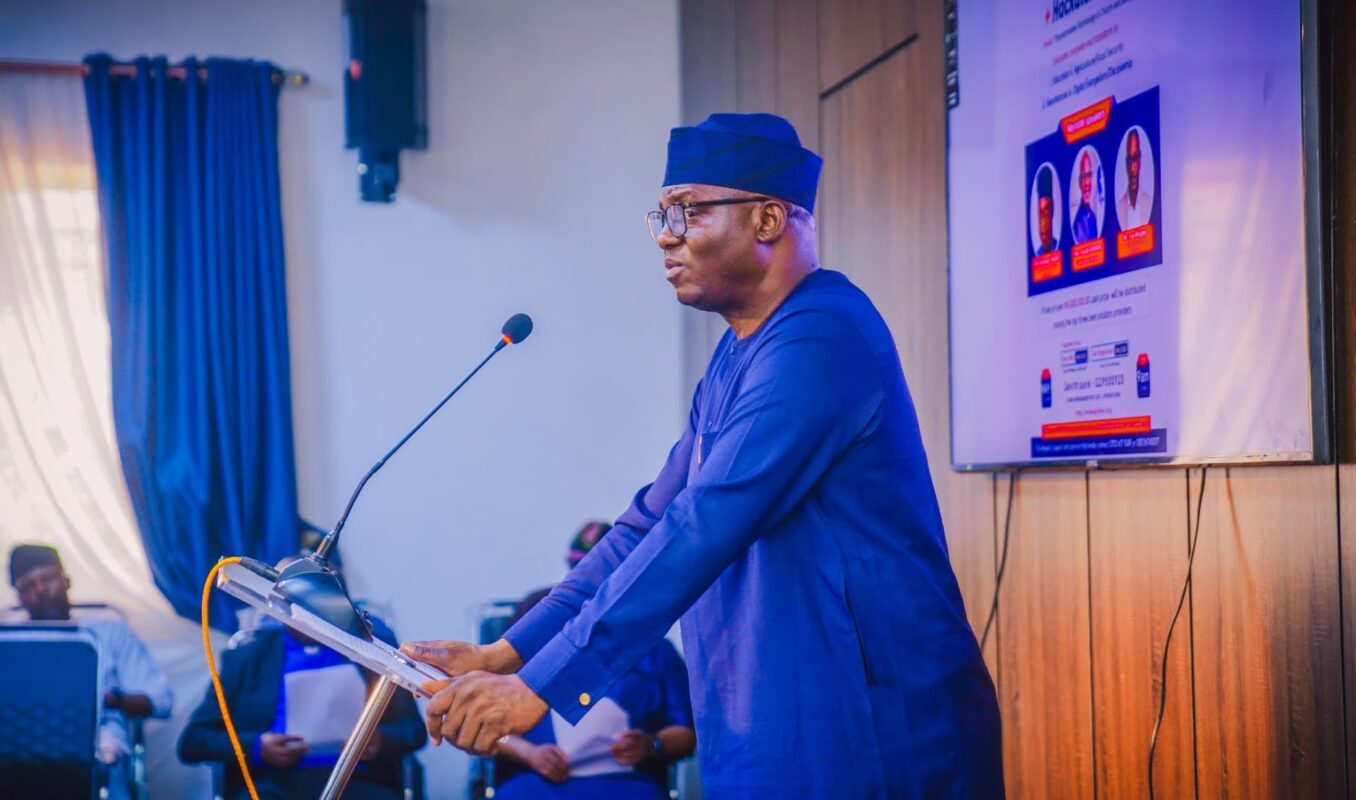In a bold and provocative statement, Governor Babagana Zulum of Borno State has accused some Nigerian politicians and members of the military of collaborating with the notorious terrorist group Boko Haram by leaking sensitive information. The allegation, made during a national television interview on Wednesday, has sparked widespread debate amid ongoing efforts to combat insurgency in Nigeria’s North East region.
Zulum, who has been at the forefront of addressing security challenges in Borno—one of the hardest-hit states by Boko Haram’s activities—did not mince words about the internal threats undermining anti-terrorism operations. He claimed that informants and collaborators exist not only within communities but also among politicians and the armed forces. “We have informants and collaborators within the Nigerian armed forces, within the politicians, and within the communities,” Zulum stated. To counter this, he pledged that his administration would intensify intelligence-gathering efforts and deal with the perpetrators “ruthlessly.”
The governor expressed optimism that the insurgency could be decisively ended within six months, but he emphasized that this would require a multifaceted approach. Zulum criticized the over-reliance on “kinetic measures”—military operations and direct confrontations—and called for a balanced strategy that incorporates non-kinetic measures. These include addressing the social, political, and economic roots of the conflict. “Insurgency will never be ended by kinetic measures alone. We must ensure that the non-kinetic measures are also properly put in place,” he explained.
In his interview, Zulum highlighted the dangers of “contractocracy,” a term he used to describe the politicization and mismanagement of security contracts, which he believes exacerbates the problem. He urged stakeholders to depoliticize the fight against insecurity, stating, “Let’s remove contractocracy. In six months, we can put an end to this madness. We need not politicize insecurity.”
Zulum’s comments also touched on the rehabilitation of former Boko Haram fighters who have surrendered. He acknowledged the scale of the reintegration effort, noting that over 500,000 individuals have repented and are undergoing various programs. While he praised the majority for their progress, Zulum admitted that not all may remain committed. “I cannot completely say that 100% of those people who have surrendered are doing the right thing, but I want to assure you that over 99% are doing well and are not participating in the ongoing terrorism,” he said. However, he cautioned that a small number could potentially return to militant activities, underscoring the need for vigilant monitoring.
The governor credited the ongoing non-kinetic initiatives, supported by the Nigerian military, for yielding positive results. These efforts include community engagement, economic empowerment programs, and social interventions aimed at addressing the grievances that fuel extremism in the region. “Our ongoing non-kinetic measures have yielded positive results with the support of the Nigerian military,” Zulum added.
Zulum’s statements come at a critical time, as Boko Haram and its offshoots continue to pose a significant threat in the North East, despite years of military operations. The group, which has been active since 2009, has been responsible for thousands of deaths and widespread displacement. His allegations against politicians and military personnel have raised eyebrows, with some calling for investigations to verify the claims, while others worry about the potential impact on morale within the security forces.
Experts in security and conflict resolution have echoed Zulum’s call for a holistic approach. Dr. Fatima Ahmed, a researcher at the Abuja-based Institute for Peace and Conflict Resolution, commented that while kinetic operations are essential, sustainable peace requires tackling underlying issues like poverty, unemployment, and social inequality in affected areas.
As Borno State and the federal government grapple with these challenges, Governor Zulum’s remarks serve as a stark reminder of the complexities involved in Nigeria’s fight against terrorism. Whether his proposed six-month timeline is realistic remains to be seen, but his emphasis on intelligence, accountability, and comprehensive strategies could mark a pivotal shift in the nation’s security paradigm. The coming months will likely see increased scrutiny on internal collaborations and a push for more integrated efforts to restore stability in the region.




